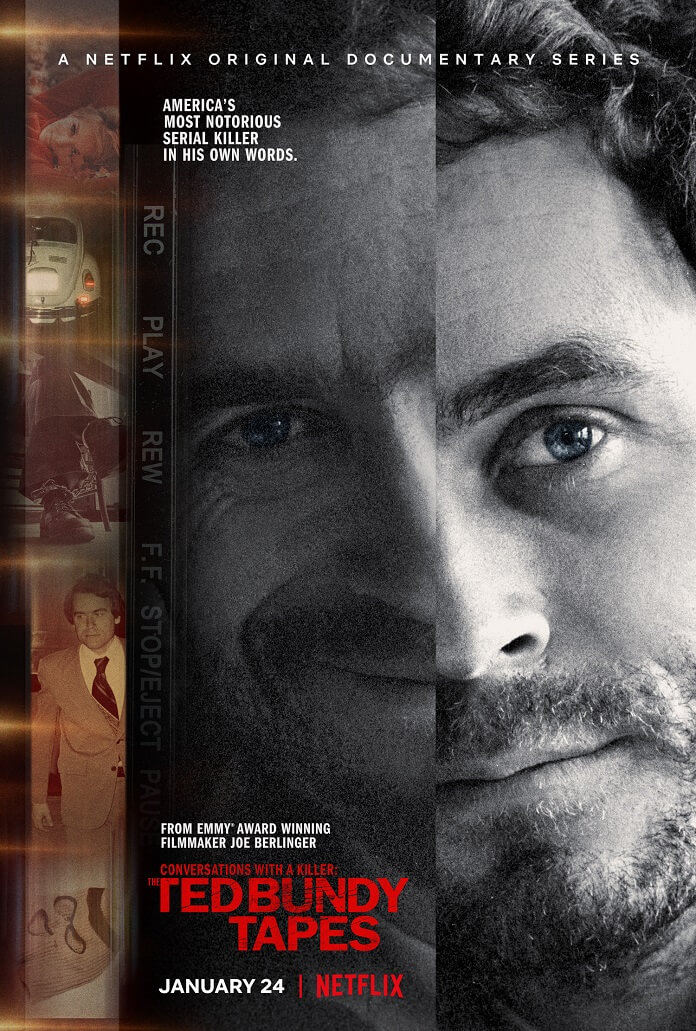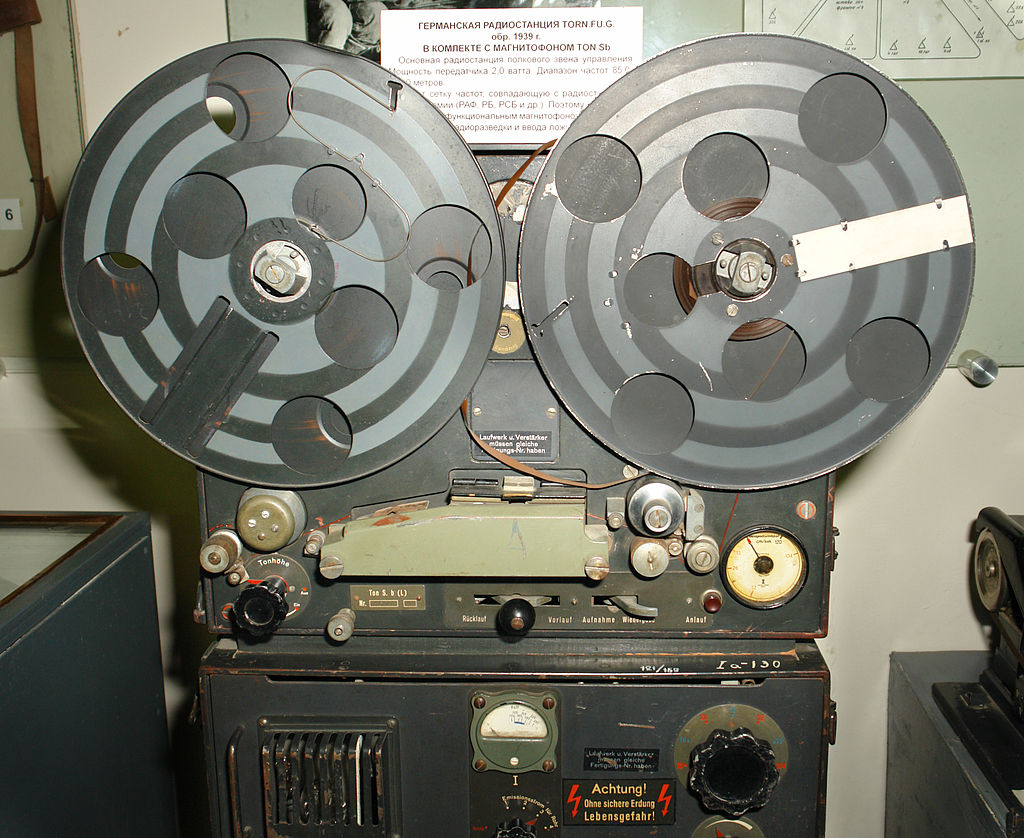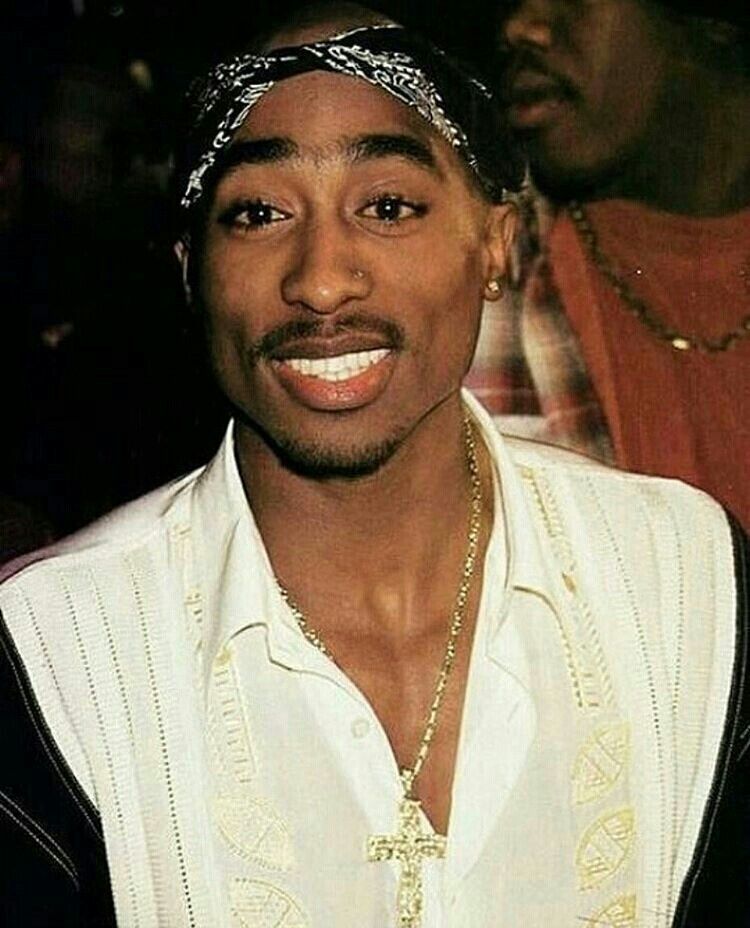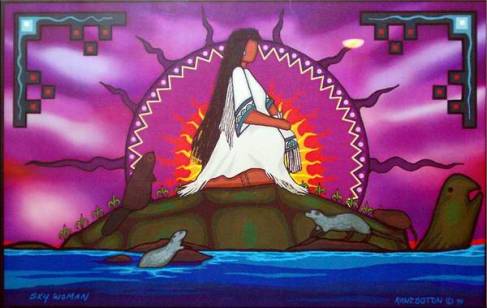Oral History
Through this essay we will compare how the value of oral history has changed over time and how attitudes toward the subject has reformed because of the progress we have had in technology and how that has made oral history be more accessible to common people making oral history important to have so people can connect with history itself.
Oral history plays an increasingly important role, for it bridges the gap between the media and academic communities. Its challenge is to augment the store of source materials with the voices of those who make our history, while maintaining the quality of excellence and historical integrity of our pro fession” (Perlis,619).
Oral History and the Change From the Past to Present

When we think about oral history we often think of folklore, and the stories that are told are often ways people share their traditions and histories. In the past oral history has only been spoken and never really recorded until the technology developed. Today, Oral History has been made into new mediums for all people to have knowledge and access to, like the “Ted Bundy Tapes” on Netflix. Netflix has turned these tapes that only certain people had access to because of the technology they had available during the 70’s and 80’s. Today those tapes have been made into a documentary where people like us can listen to what the infamous serial killer, Ted Bundy, had to say. When we listened to these tapes and heard what Ted Bundy had to say we didn’t question if Bundy was lying or telling the truth in those interviews, but what we did know is that we were hearing Bundy tell his story the way he wanted to tell it. Are there problems with this and the fact we only heard his story the way he wanted us to remember it?
The Past
For centuries philosophers and historians have argued why oral history is not a good way to record history because the way people often tell the history of the past. It gets construed because of the way they remember the event. The ancient Greek historian Thucydides states this as well when he writes his famous book called The History of the Peloponnesian Wars. He says, “My conclusions have cost me some labour from the want of coincidence between accounts of the same occurrences by different eyewitnesses, arising sometimes from imperfect memory, sometimes from undue partiality for one side or the other” (Thucydides, 40-41). Thucydides talks about how people remember the same event differently, and often, as the people talk about the event that happened gets twisted and information gets changed. Historians have often disregarded oral history because it can be unreliable for many reasons. Any interview could be bias. The interviewee could be made uncomfortable because of the environment they are in.

In the 1930’s, a giant machine called a reel to reel, was needed to interview someone. Imagine how loud that machine was and how that would make the interviewee feel uncomfortable or even intimidated.They have also argued against the use of oral history because written history started to become more popular. With the rise of written sources oral history is often misunderstood and deemed less valuable as documents. In earlier debates historians and philosophers argued weather oral history could be used as valid sources for studying history. In an essay written by Nicholas Mariner he writes about the bias interviews have and refers back to another historian. He says:
“The issue of oral history is not the ‘stuff’ that comes out of the interviews, but how the interview is the inherent problem of the process from the beginning. ‘Taking notes on an interview,’ according to Tuchman, ‘is a crystallizing process…distinguishing the significant from the insignificant as you go along.’ The problem with the interview then is the interviewer’s tendency to not write down specifically what is said because the interview (recorder) does not see the significance of what the narrator (speaker) is saying. Such conscious omission affects the historical process in such a way that it questions the legitimacy of the endeavor at its very base. Not only can the interview omit what is not important as he/she sees it, but the interviewer also has the ability to create, from the narrator, a significance that was not intended. Tuchman states that the interview ‘has the power to create, with words, an image that was once not there in the mind of the reader.’ That is to say, the interviewer, with sole access to the interviews transcription, can pick and chose the spoken word to fit an argument that may not have been the narrator’s intended purpose for such comments” (Mariner,61).
What Mariner says is that the notes taken during an interview can be wrong based on the fact we, as interviewers, get to pick and choose what we think is insignificant, and what we may think as insignificant may not be insignificant to the person we are interviewing, and that makes the interview unreliable. The questions the interviewer asks could be worded in a way that makes the interviewee answer in swayed direction, and that makes the interview as a whole unreliable. Though, not only the interviewer could be bias, but the interviewee could be answering in ways that serve an alternative purpose as well. There is also the case of misremembrance. People telling their history will often forget or add to it making the whole truth unknown.
The Present
For the field of oral history, the true digital revolution has only just begun, and it entails more than the economic or technological changes that make recorders cheaper, smaller, and faster with better resultant sound. The real revolution will be a change in consciousness about how oral history, as a historical resource, can be engaged and discovered more easily, more widely and effectively distributed, and ultimately, more responsibly preserved (Ritchie).

In recent years, the attitudes toward oral history has changed because of the development in technology. Today, we use different types of technology readily available to us to record oral history. When recording people, we have always used a device and microphone and that hasn’t changed. What has changed is the way the recorded information has been passed to reach larger audiences that it wasn’t able to reach before. “Research use multiplied exponentially, reaching new audiences of teachers and students, genealogists and local historians, and casual Web browsers” (Ritchie). Before recorded audio was only for a select few and couldn’t really be passed to masses of people. We also don’t record on cassettes anymore which could be lost and destroyed. As historians gain more access to oral history in archives It helps in Oral history helps in “providing information about everyday life and insights into the mentalities of what are sometimes termed ‘ordinary people’ that are simply unavailable from more traditional sources” (Shopes). With the advancement of technology, we have recognized other types of oral history like music. Folk music has always been a form of oral history, but it wasn’t taken seriously by historians of the past because it was viewed as storytelling and often the songs were changed for the reasons we have mentioned above and not a reliable source to use until folk songs would be able to be recorded. Now we have more advanced technology to hear the music written by people that are telling their own story, for example Tupac, who is a famous rapper, creates music about how he lived and often told stories about the African American community. His music could be traced back and related to past documents that had the events that were going on during that time period.
Oral History is “History-shaping”
Oral history has helped shape history because oral history allows us to fill in gaps in the historical record and sometimes even contradict it. “ Inevitably, future generations will view—and judge—today’s generation through the lens of their own experiences in their own time. The story of the past is continually revised in the light of new interpretations. Oral history enables people to share their stories in their own words, with their own voices, through their own understanding of what happened and why”(Baylor,2). “The promotion of oral history as a beneficial endeavor for specific historical subfields marks the transition for oral ‘fact finding’ to the regard of oral history as a ‘history-shaping’ process” (Mariner,64).

Oral history has helped shape the way we look at history, so we now have organizations like Oral History Association who promotes the use of oral history, and provide young researchers the tools on how to conduct it. The association also gives more experienced researches a chance to challenge “problems” with history that are still debated today. With the development of oral history we reccognize the difference between oral tradition and oral history is that oral tradition is the telling of knowledge using folklore, legends, myths, prayers, songs or chants through time over a groups and generations of people. There is also a lack of authority, whereas oral history is the study of historical information using audio tapes, video tapes, or the transcriptions of eye-witness accounts (Hobbs, Prezi).
With the acceptance of Oral History as a type of history we can see historians having more value in it. We can see this with the inclusion of oral histories in museums have become more common. It wasn’t that oral histories were never used in museums before, but oral histories were more looked as part of the exhibit than the main event. It wasn’t till later that oral histories were recognized to give people more personal encounters with the exhibit. When historians are incorporating oral histories into an exhibit it must have the full oral testimony, encourage visitors to remember their own past, and also allow visitors give their own memories and responses (Green,59).
Your Job as an Oral Historian
As an oral historian you will preserve History for new generations and allow the future generation to hear what stories people have to tell in their own words and their knowledge of what happened. As you preserve these people who had a voice long before their own death their voice will continue to be heard in the future. As a future Oral historian it is your job to fill in the gaps of history and make sure the truth is told to the best of your ability without complicating the story with bias.
1861 words. /essays/thematic/oral-history.html